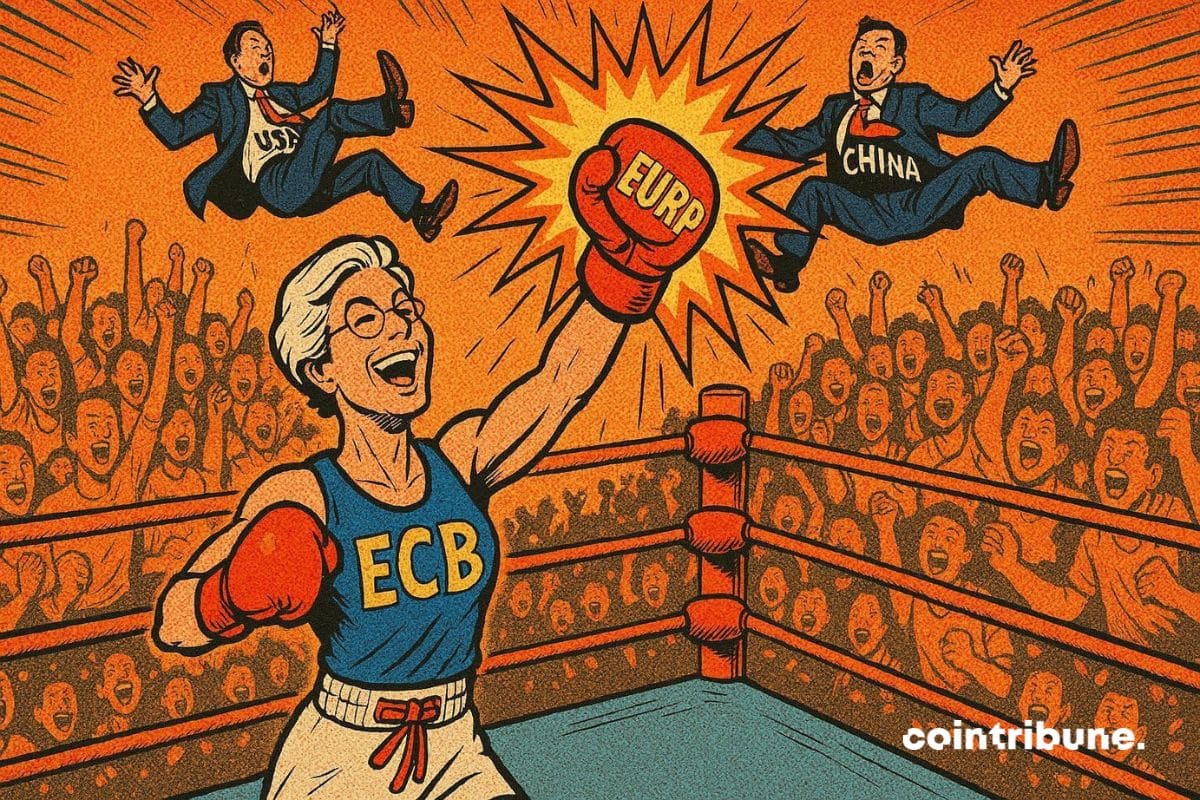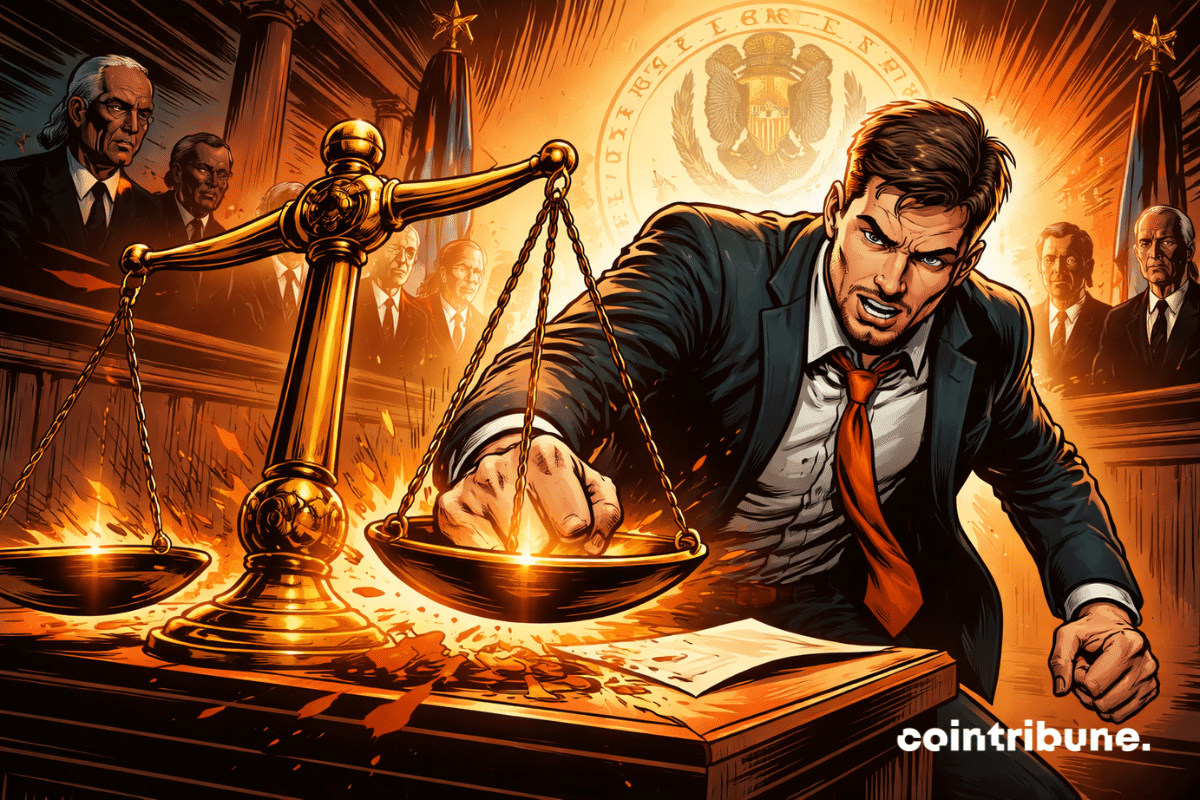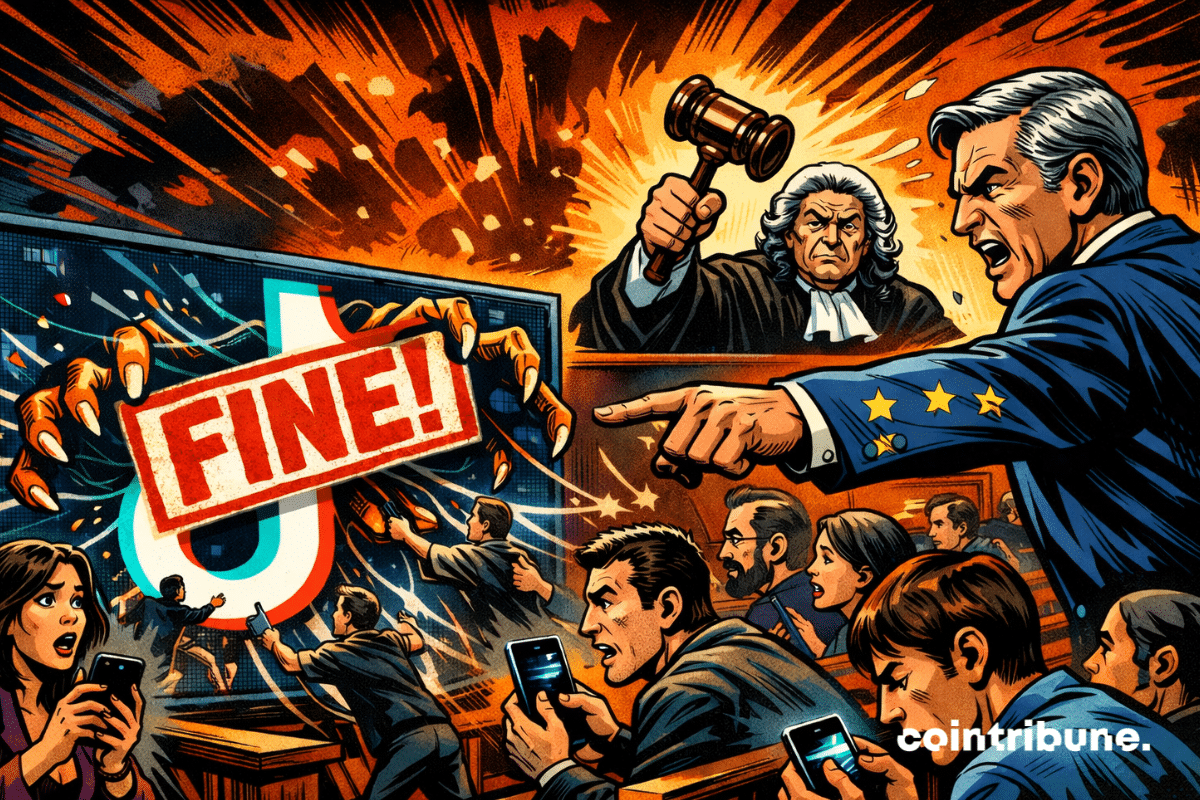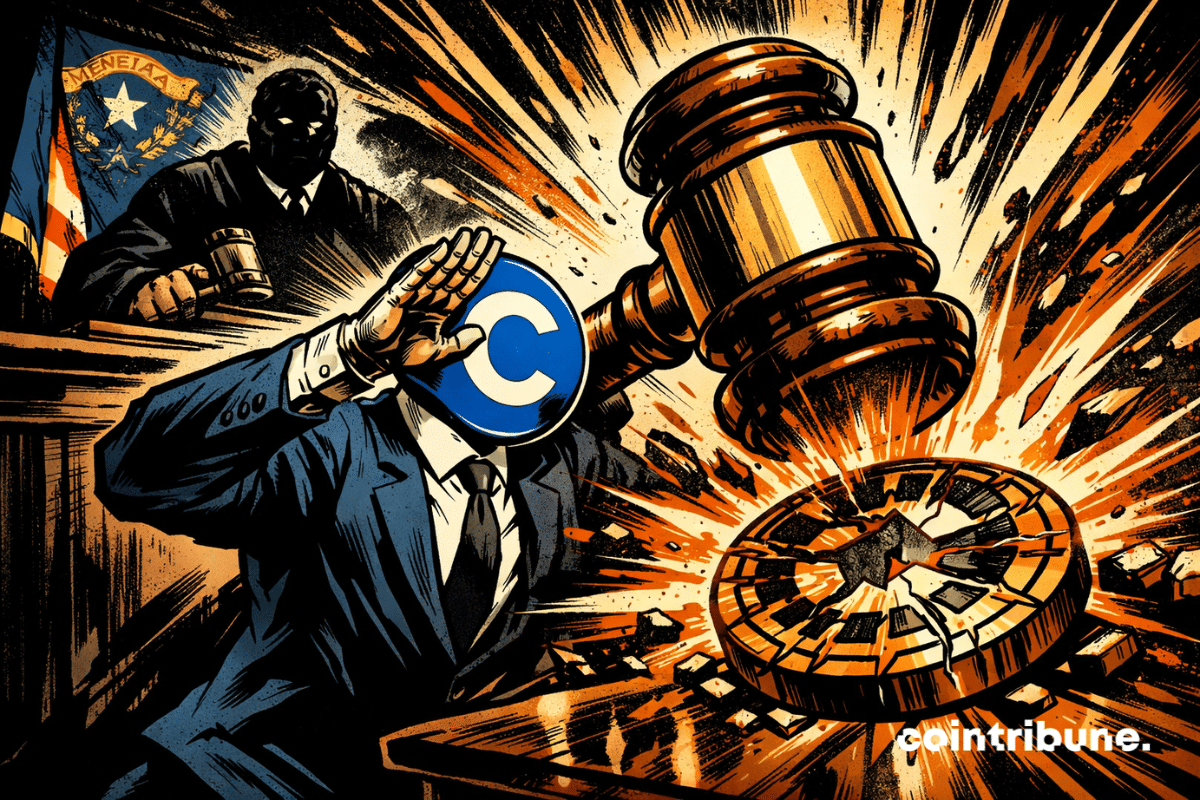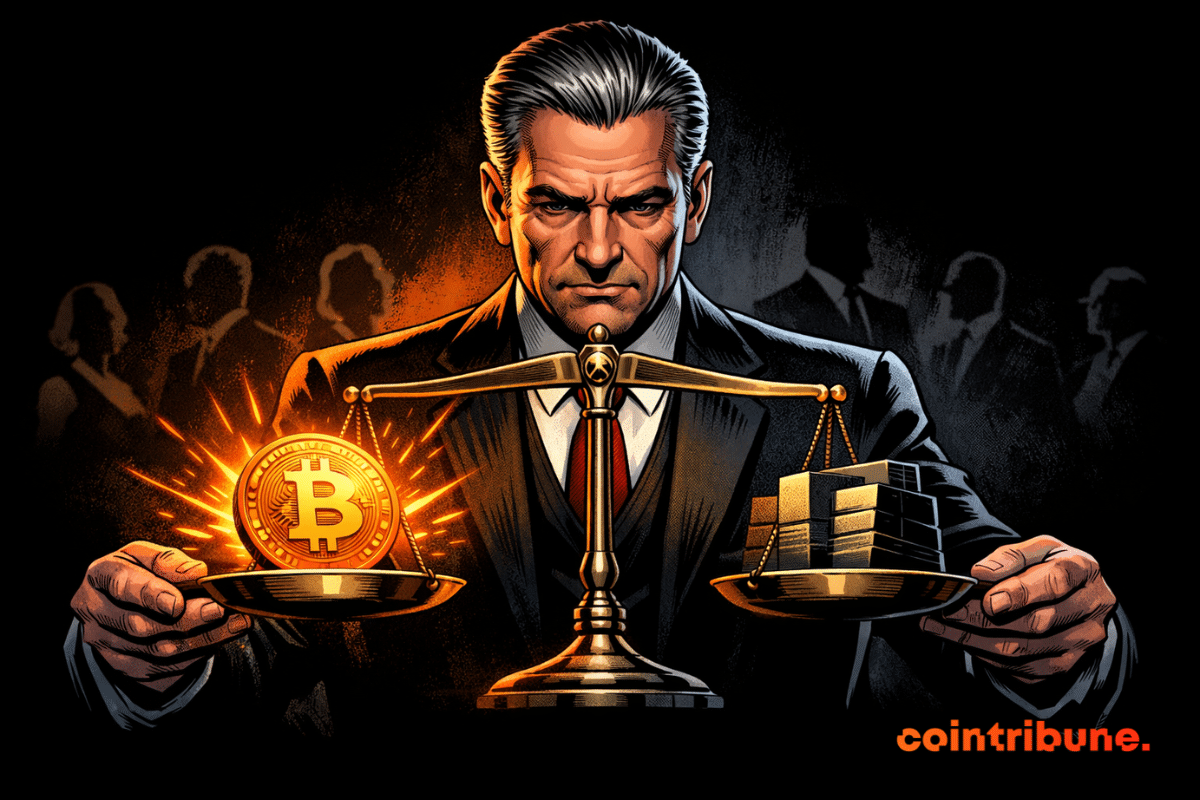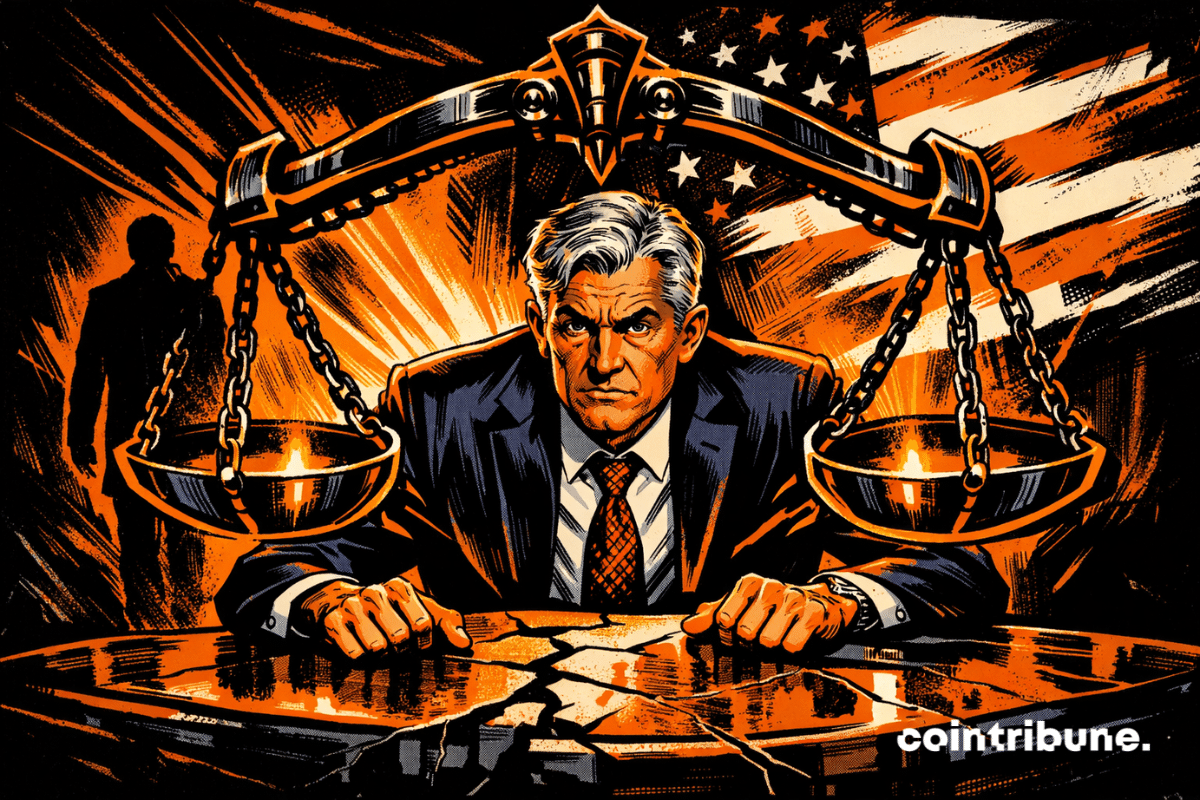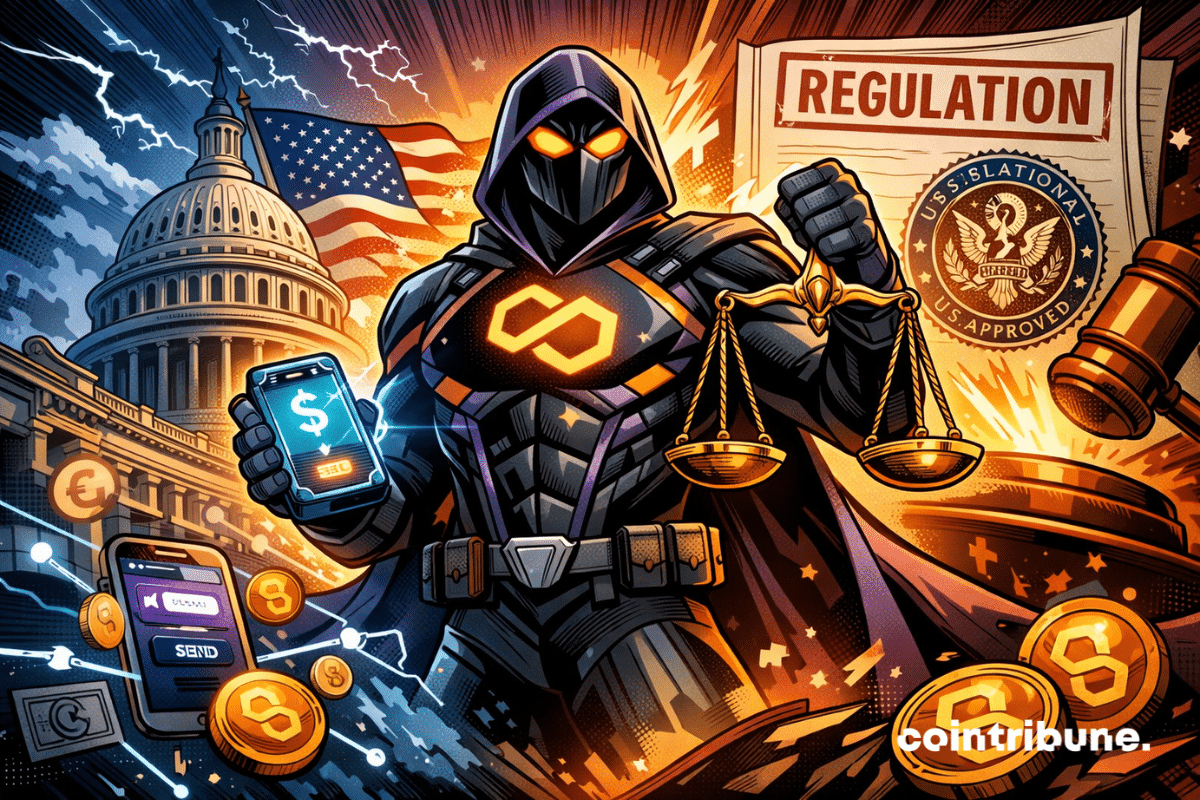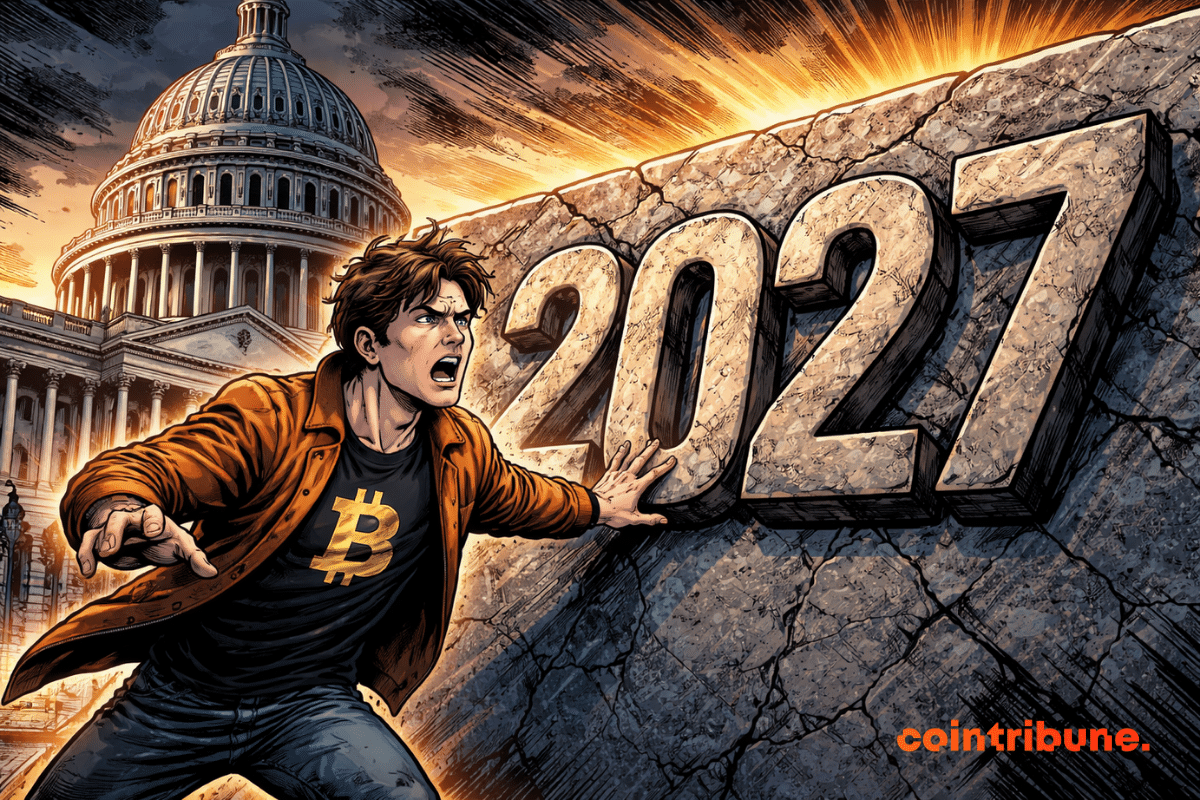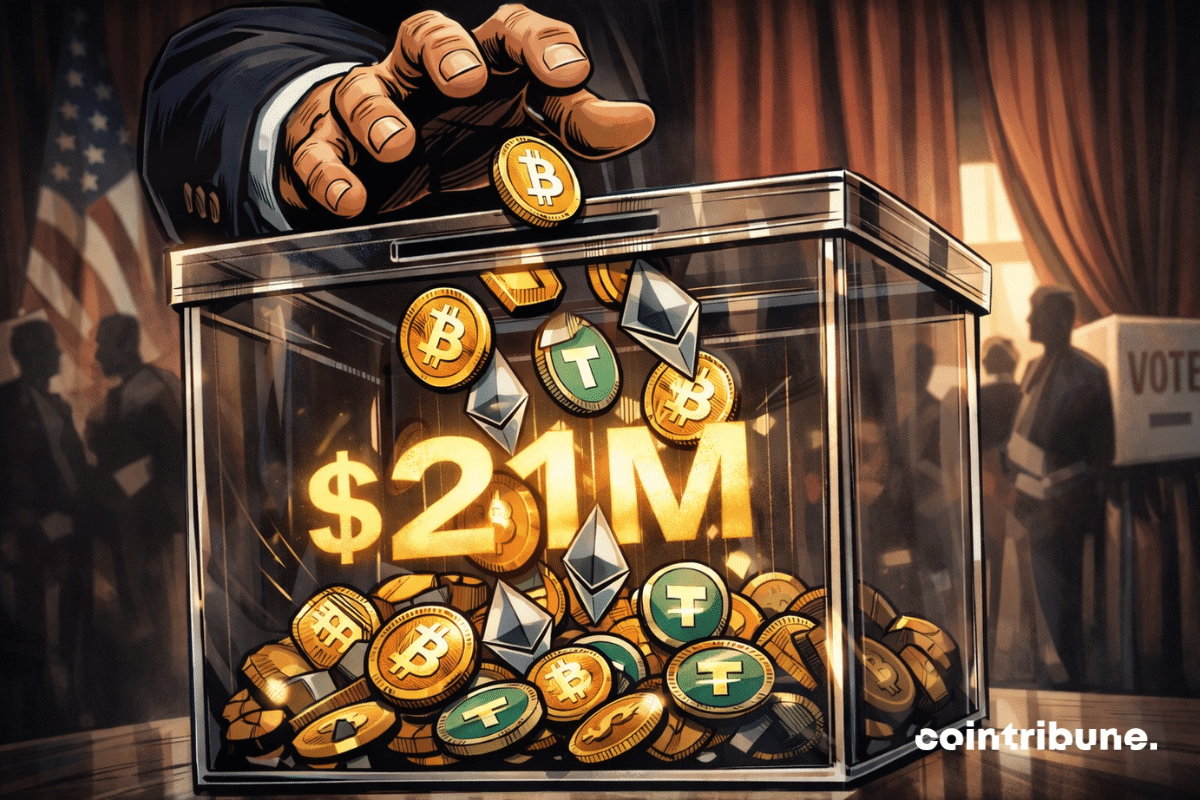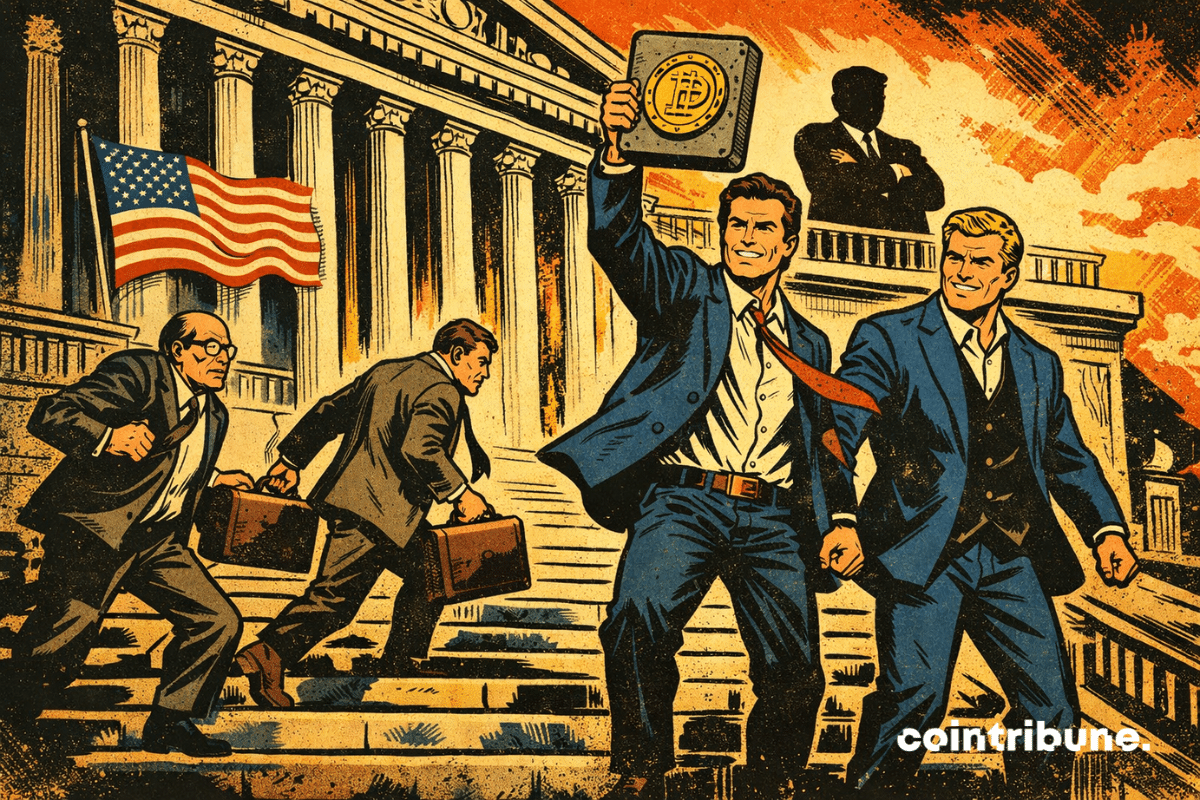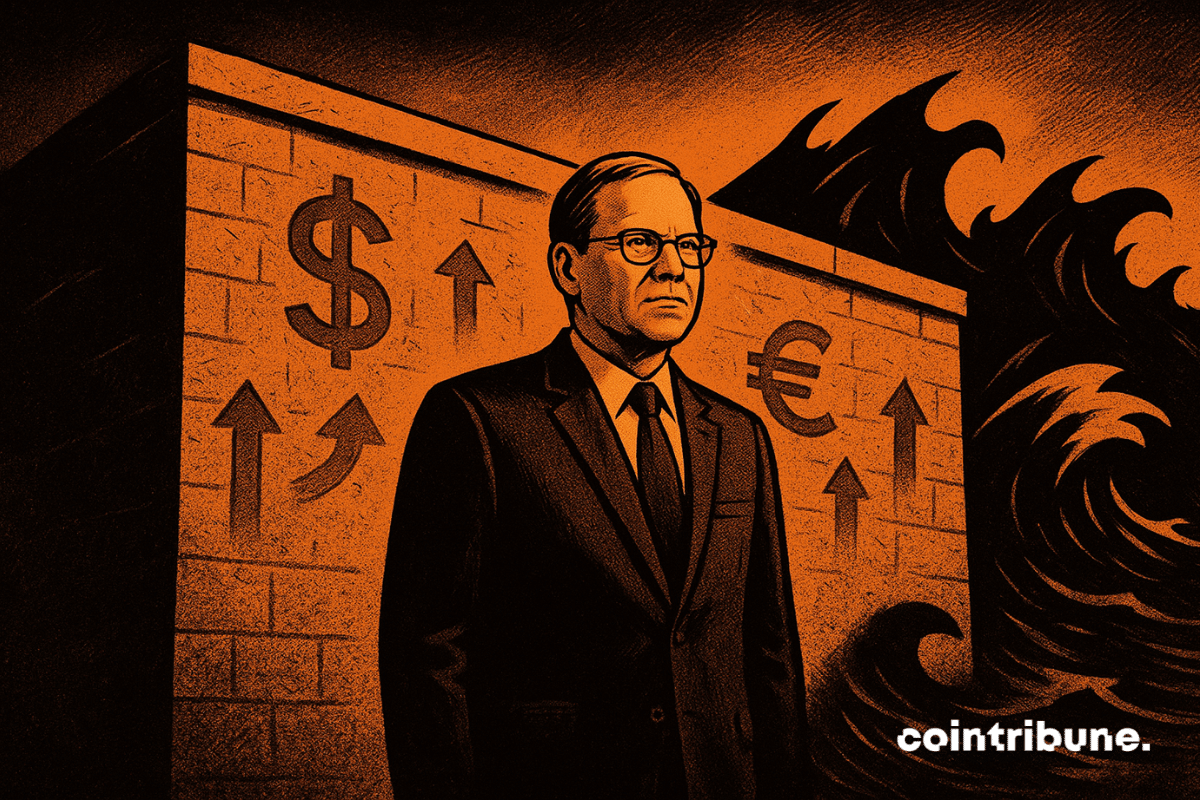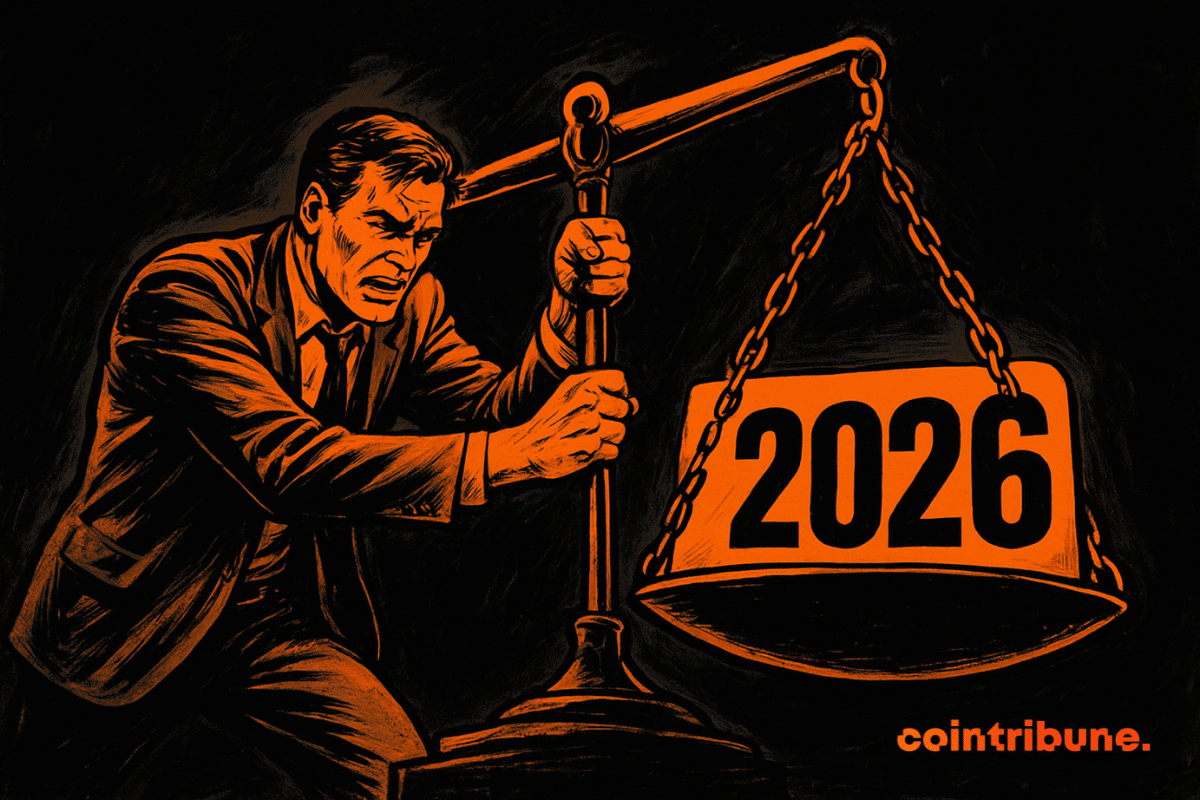Remember Libra, Zuckerberg's baby strangled by regulators. Five years later, daddy is back. But this time, he lets Stripe hold the bottle.
Theme Regulation
Metaplanet CEO Simon Gerovich has pushed back against growing criticism of the company’s Bitcoin treasury strategy and disclosure practices. Anonymous accounts on X alleged that the firm withheld price-sensitive information tied to large Bitcoin purchases, derivatives positions, and Bitcoin-backed borrowings. Gerovich dismissed the claims, arguing that the company’s filings and public announcements clearly document its activities.
Debate over artificial intelligence (AI) is no longer limited to model accuracy or regulation. Questions about control, ownership, and long-term autonomy are moving to the center of the discussion. In a recent X post titled “Not Your Keys, Not Your Bots,” crypto investor and author Balaji Srinivasan set out a blunt framework: whoever controls the keys controls the machines.
The Euro prepares its grand return to the world stage. By expanding the EUREP, the ECB strikes a historic blow to strengthen the liquidity and influence of the European currency. A decision that could redefine the financial balance against the Dollar and the Yuan.
Mrinank Sharma, who led the Safeguards Research Team at Anthropic, has stepped down less than a year after the unit was formally launched. His departure has sparked debate across the tech community—not only because of his senior role, but because of the tone of his resignation letter. In it, Sharma warned that “the world is in peril,” pointing to a series of overlapping crises unfolding at once. Many readers interpreted the message as a broader caution about the rapid development of advanced AI systems.
Polymarket has escalated its dispute with U.S. state regulators by filing a federal lawsuit against Massachusetts, arguing that prediction markets fall under exclusive federal oversight. At the center of the case is whether individual states can restrict event-based contracts already regulated at the federal level. Ultimately, the ruling could determine how prediction markets operate across the United States.
The standoff over the succession at the head of the Federal Reserve intensifies. While a Republican senator blocks any progress as long as the investigation targeting Jerome Powell is not completed, the Treasury Secretary proposes a bold strategy: why not fight both battles at once? A political chess game that could redefine the Fed's future.
The EU has found TikTok’s features addictive and is calling for platform reforms, with potential fines if changes are not made.
Two Democratic senators demand an urgent investigation into undisclosed Chinese investments in SpaceX. As Elon Musk has just merged his space giant with xAI for $1.25 trillion, Washington wonders: what if Beijing had already set foot in the most sensitive technologies of the United States?
Washington on loop mode: crypto lobbies offer keys to local banks, but the Senate still hesitates. Towards an unlikely alliance to save the law? To be continued...
Nevada regulators have stepped up action against crypto-linked prediction markets. A new lawsuit targets Coinbase over alleged unlicensed sports wagering. The move comes as prediction platforms expand quickly across the United States. State officials argue that existing gambling rules still apply, even when products are offered through crypto or derivatives markets.
A new industry report says most major UK banks are making it harder for people to move money to crypto exchanges. According to the findings, banks are widely blocking or limiting payments, even when customers use regulated platforms. Industry leaders warn that these practices are slowing growth and pushing innovation out of the country.
The specter of a shutdown looms again over Washington, and this time, the alert comes from predictive markets. On Polymarket, bets on a closure of the US government are exploding, revealing growing distrust in the political deadlock. As Democrats and Republicans clash over the budget, signals multiply: the deadlock seems near.
UBS Group AG is preparing a move that could bring crypto investing into its private banking business. Plans are taking shape to give selected high-net-worth clients access to digital assets, marking a shift in how the Swiss bank approaches the sector. The effort reflects growing client demand, ongoing regulatory review, and UBS’s wider push into blockchain-based finance.
Donald Trump accuses JPMorgan of having closed his accounts for political reasons and demands 5 billion dollars before the Florida courts. By directly targeting CEO Jamie Dimon, the president reignites the explosive debate on "debanking," a practice that fuels tensions between the political and financial spheres. This case questions the neutrality of major American banks. While Trump denounces ideological exclusion, JPMorgan, on its side, rejects any accusation of discrimination.
Rapid progress in artificial intelligence is forcing governments and institutions to confront a much shorter path toward human-level systems than previously expected. Industry leaders now say the gap between today’s tools and artificial general intelligence is narrowing quickly. As development accelerates, concerns around jobs, governance, and economic stability are moving to the center of the debate.
The US Commodity Futures Trading Commission (CFTC) is strengthening its leadership as it prepares for a potentially expanded role in overseeing digital asset markets. Chair Michael Selig has appointed two senior advisers, signaling the agency’s focus on crypto regulation as lawmakers consider legislation that could grant the CFTC broader authority over the sector.
Kevin Hassett has withdrawn from consideration to lead the U.S. Fed, narrowing the field in a leadership contest increasingly shaped by political and legal pressure. President Donald Trump has made clear that he prefers Hassett to remain in his current White House role. And this stance has effectively removed him from contention and reshaped expectations around the Fed’s next chair.
European regulators are increasing pressure on TikTok to strengthen how it verifies the age of its users. In response, the video platform is introducing a new system designed to better detect accounts run by children under 13 and remove them when necessary. According to reports, the rollout will begin in Europe in phases over the coming months, following a year of testing.
U.S. lawmakers have put a major crypto market structure bill on hold after strong pushback from Coinbase. Fresh criticism from the exchange’s chief executive raised doubts about whether the proposal could move forward without changes. As a result, Senate Banking Committee members delayed a planned markup while reassessing industry and regulatory concerns tied to the draft.
Polygon is already well known for its scalability solutions on Ethereum. The crypto platform now aims to become a regulated payment platform in the United States. This strategic shift is confirmed by major acquisitions that allow it to offer services compliant with US financial regulations.
Barely relaunched in the United States, Polymarket is already facing local regulation. Tennessee has just issued an official injunction, accusing it of illegally offering contracts on sporting events. This decision, a first at the state level, could mark a turning point in the legal battle between blockchain platforms and state authorities. At the heart of the case is the legitimacy of predictive markets under federal regulation versus strict local gambling laws.
TD Cowen Warns U.S. Crypto Market Structure Bill May Be Delayed Until 2027 as Political Hurdles Grow
Efforts to establish clear rules for the U.S. crypto market are likely to take longer than many industry participants expect. An analysis from TD Cowen indicates that while passage remains possible in the near term, political dynamics in Washington increase the likelihood of delays. Approval may not occur until 2027, with full implementation extending to 2029.
Crypto magnates to the rescue of Trump: when tokens waltz and senators hesitate, who is really manipulating whom? Has digital democracy found its biggest speculator?
When the yen drowns, Metaplanet rows towards bitcoin: a strategy that makes Tokyo smile... except creditors. While Japan goes into debt, others stack BTC.
December Fed minutes highlight risks of cash strains in money markets and steps officials may take to keep funding smooth.
Crypto is plunging, Google is coughing, and retail traders are running away. The market is now just a VIP lounge for insiders lacking an audience. When will the sheep return?
New Trump splash: two pro-crypto figures take the reins of the CFTC and the FDIC. All the details in this article!
Kevin Hassett, a leading contender to chair the Federal Reserve (Fed), said the central bank would remain independent even if it faces pressure from the White House. His remarks come as financial and crypto markets watch closely for signals on interest rates and the future path of U.S. monetary policy.
Crypto companies are returning to public markets after several years on the sidelines. Listings in 2025 reflected renewed confidence following a prolonged slowdown. The larger test, however, still lies ahead. White & Case partner Laura Katherine Mann says 2026 will determine whether crypto IPOs can maintain investor trust beyond market cycles.



